Topic / Food & Agriculture / In-depth
Future of Precision Fermentation
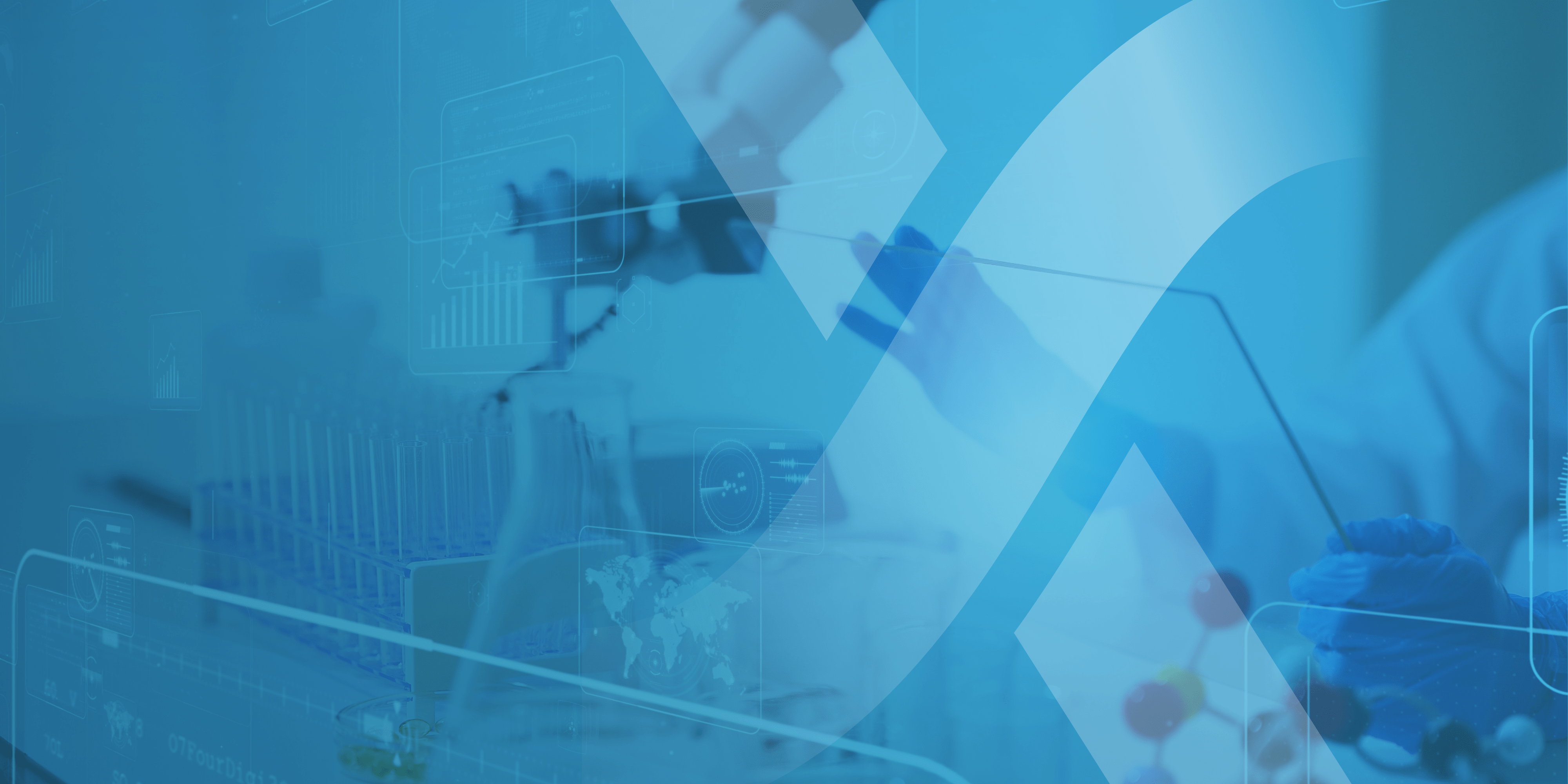
Our aim is to start a global conversation on the impacts of Precision Fermentation (PF) and focus decision-makers’ attention on the scale, speed and impact of this inevitable disruption
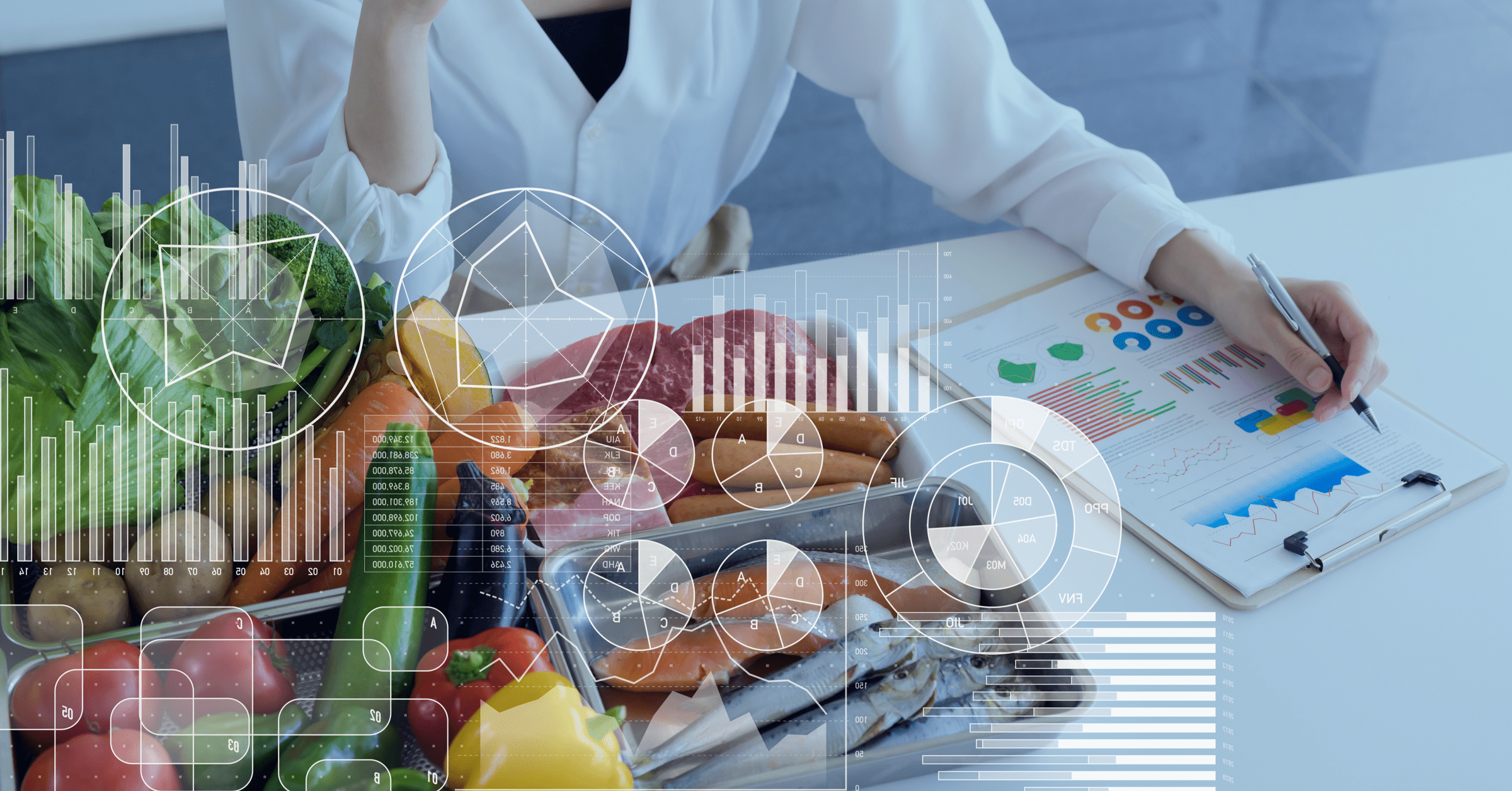
What will the impacts of global Precision Fermentation disruption be?
There will be disruptions to all kinds of sectors, each overlapping, reinforcing and accelerating one another. The disruption will play out in a number of ways and will not simply disrupt products one-for-one.
Economic gain
The cost of food will reduce and our disposable incomes will increase.
Wealth and jobs will come from leading the way in modern food technologies.
Global opportunity
The PF model will be sheltered from social, political, environmental, volume and price fluctuations.
The current industrial livestock model experiences instability due to varying seasons, weather patterns, drought, disease and other natural, economic and political factors.
Less land use
80% of agricultural land will be freed by this disruption – an area the size of the United States, China and Australia combined.
We call this The Great Land Liberation. This transformation will present unprecedented opportunities for conservation, rewilding and reforestation.
Environmental benefits
The Great Land Liberation will capture and store carbon equivalent to 20% of today’s global emissions.
The disruptions of food and agriculture, energy and transportation together, driven by just eight technologies, can directly eliminate over 90% of net greenhouse gas (GHG) emissions worldwide within 15 years.
Health benefits
Scientists will be able to individualize nutrition, enhancing protein, fibers or vitamins to match our genetic makeup and lifestyles.
PF will reduce foodborne illness and the likelihood of conditions such as heart disease, obesity, cancer and diabetes that cost the U.S. an estimated $1.7 trillion every year.
Job losses & gains
The economic loss of the PF disruption to the current employment and production system will total more than $100 billion.
As new industries emerge and old industries dissolve there will be widespread changes to employment. Huge opportunities will emerge for the producers of modern foods and materials.
Political pushback
We are likely to experience resulting political pushback as agricultural areas see their key industry threatened.
Trade relations will shift because decentralized food production will be far less constrained by geographic and climatic conditions than traditional livestock farming and agriculture.
Distributed & decentralized
We will move from a centralized system of food production, dependent on scarce resources, to a distributed system based on superabundant resources.
Geography will no longer be a significant factor in a country's ability to produce food using Precision Fermentation technology.
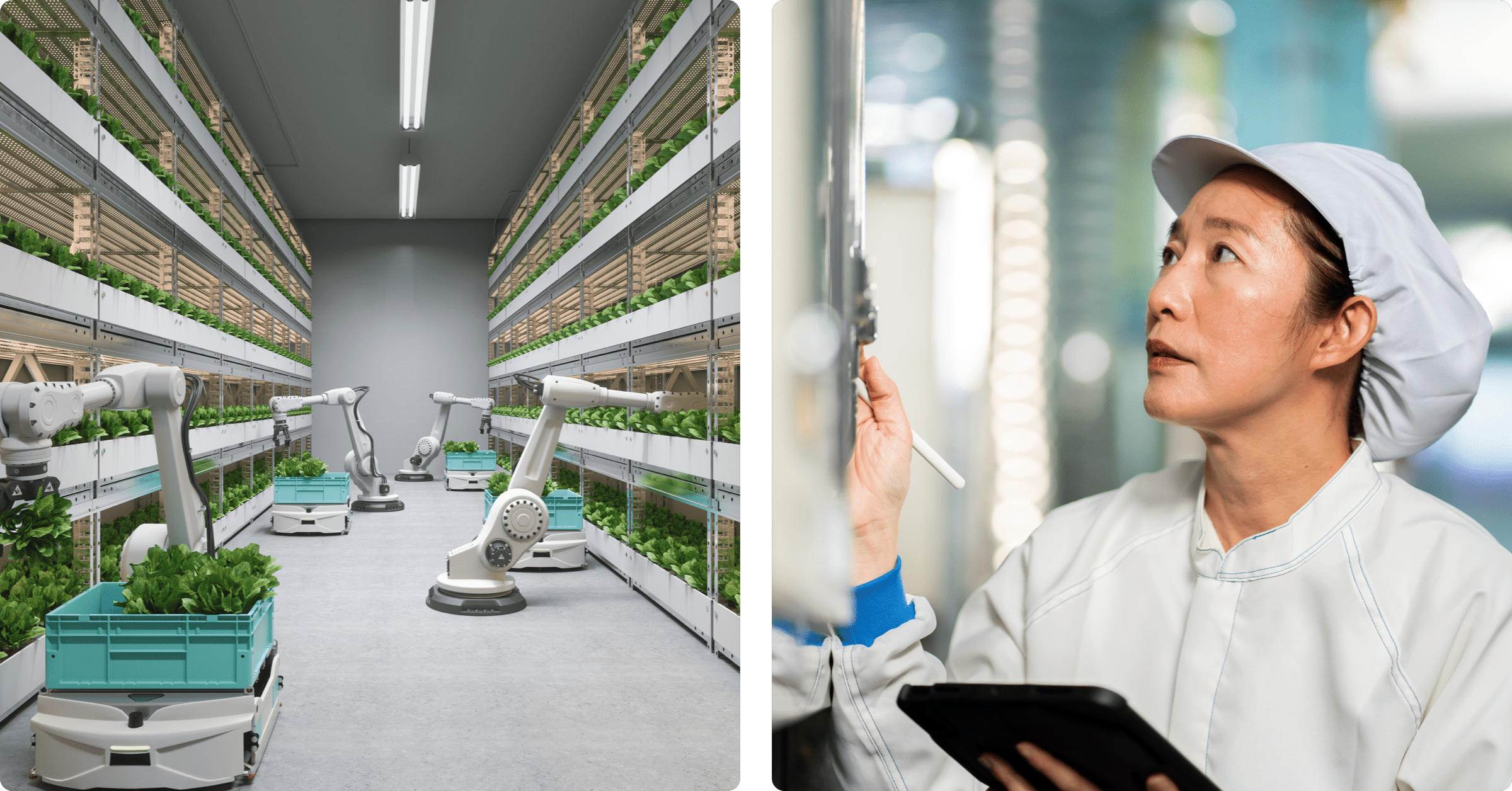
Technology disruptions like Precision Fermentation are now being combined with a new model of production:
Food-as-Software
Food-as-Software is where individual molecules engineered by scientists are uploaded to databases
The taste, texture and nutrition of our food can be designed for the consumer.
These databases then become molecular cookbooks that food engineers anywhere in the world can use to design products in the same way that software developers design apps. Designed food molecules are tweaked for variations such as taste and texture, based on consumer preferences or nutritional requirements.
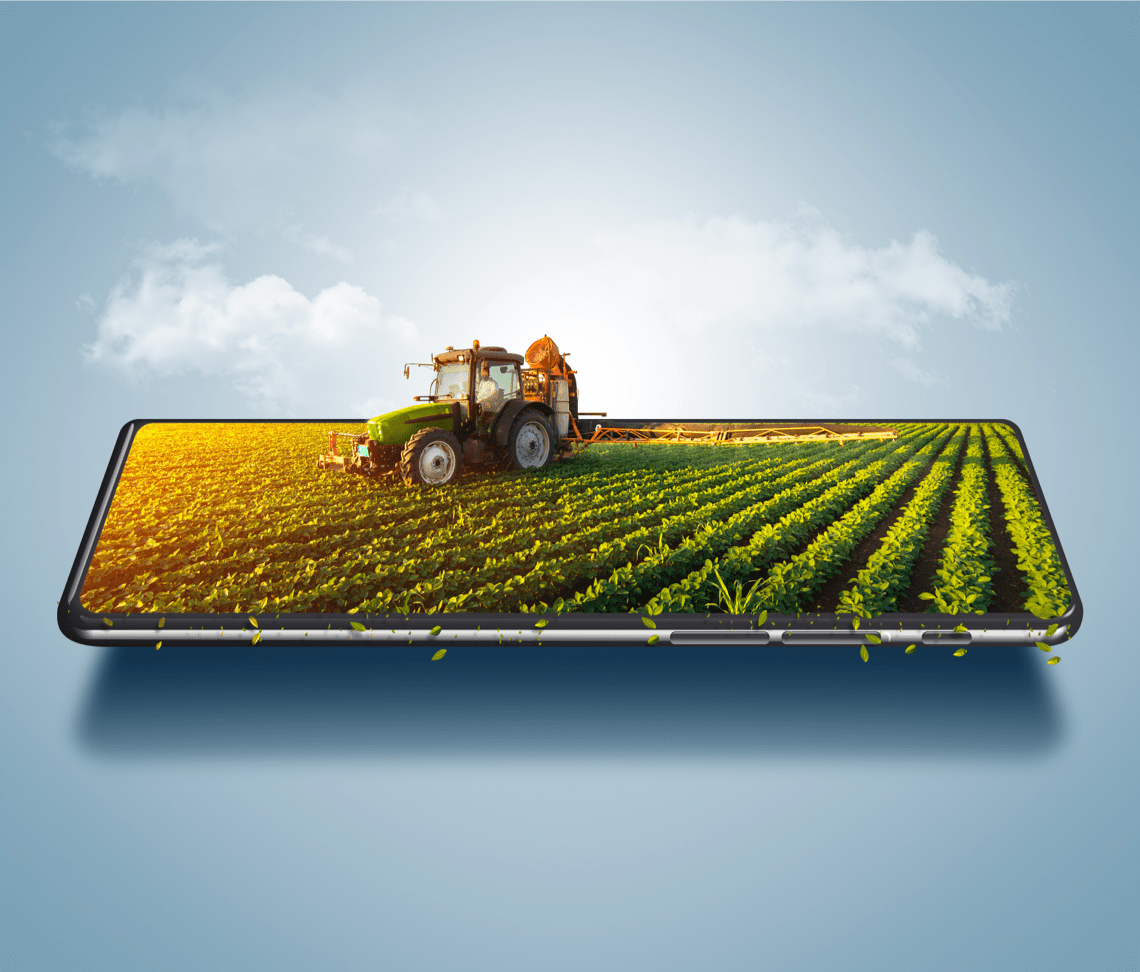
Novel food systems will be decentralized, stable and more resilient than current industrial agriculture
The Food-as-Software model can be implemented anywhere, and ensures constant iteration so that products improve rapidly, with each version superior and cheaper than the last.
Fermentation farms will be located in or close to towns and cities, just as breweries are today. The driving force behind these new possibilities is precision biology. Precision biology encompasses the information and biotechnologies necessary to design and program cells and organisms, including genetic engineering, synthetic biology, systems biology, metabolic engineering and computational biology.
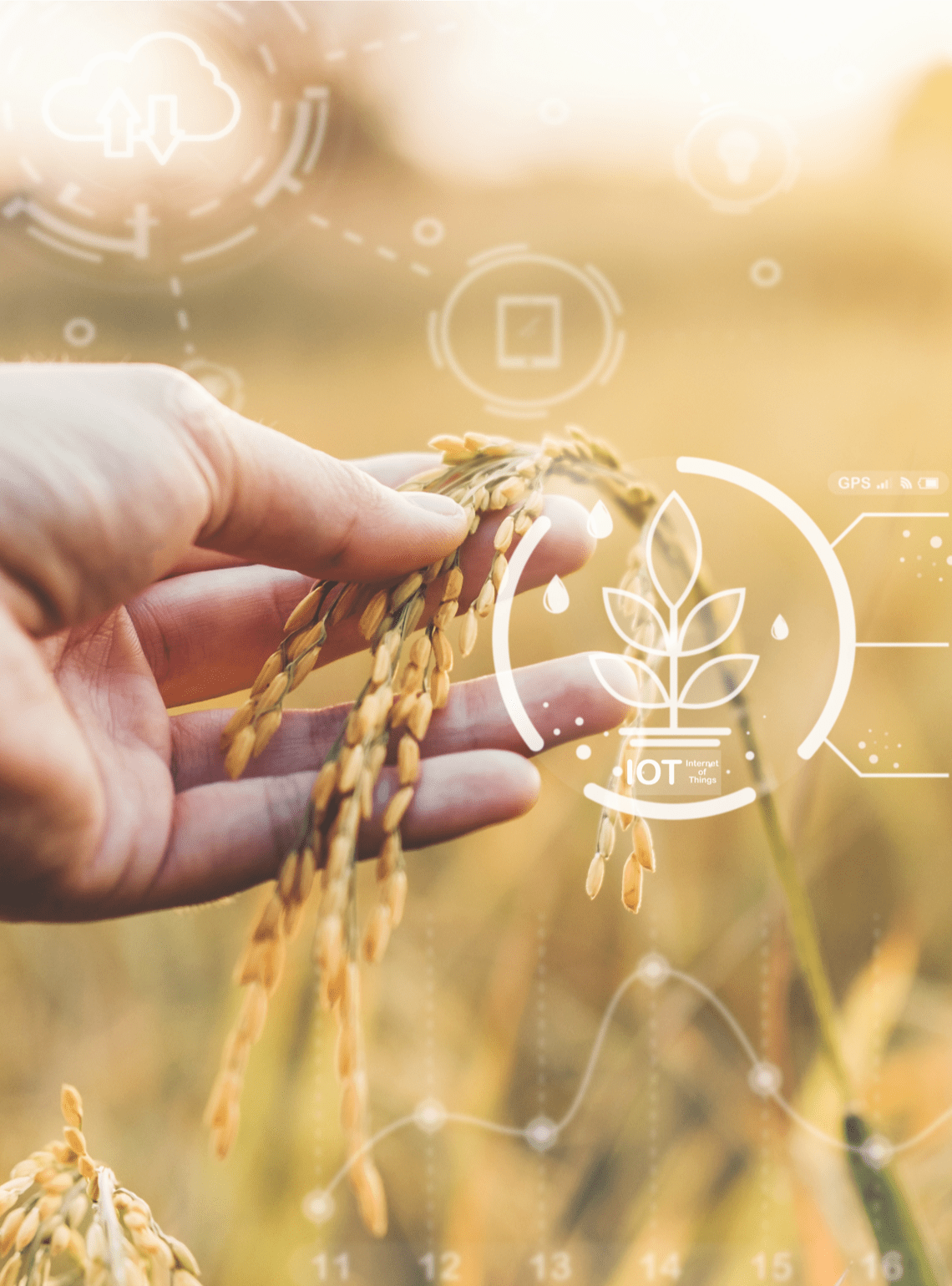
“With Food-as-Software and Precision Fermentation we can make proteins from any animal, from any plant, at speed and scale. The number of possible proteins we can create are mathematically infinite: larger than the number of atoms in the universe.”
- Tony Seba, Co-Founder, RethinkX
Scientists will design food products like developers design apps
Just like software developers, synthetic biologists can engineer biology and improve the quality, scalability, nutrition, taste and structure of the products they engineer.
With the aid of artificial intelligence and robotics, we can now create millions of potential versions of new food products and ingredients, and analyze and test them to ensure the best combination of nutrition, taste, flavor and aroma.
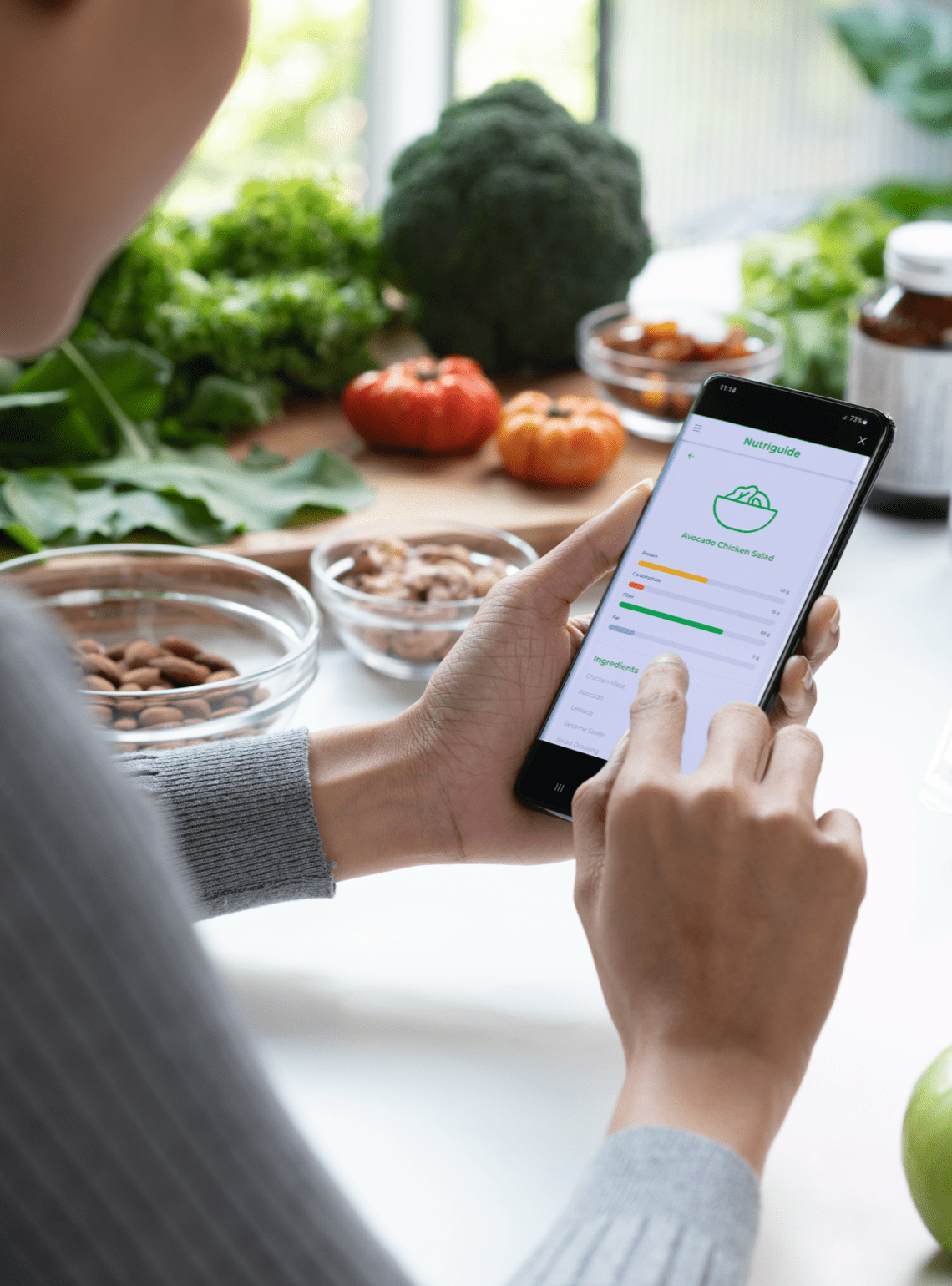
Scientists can now design and synthesize any known molecule at low cost.
The falling cost of producing these molecules mean we can do this more cheaply than ever before.
To unlock the full potential of this and every other technological disruption, we need to embrace a different approach, one that better reflects the complex, dynamic and rapidly changing world we live in.
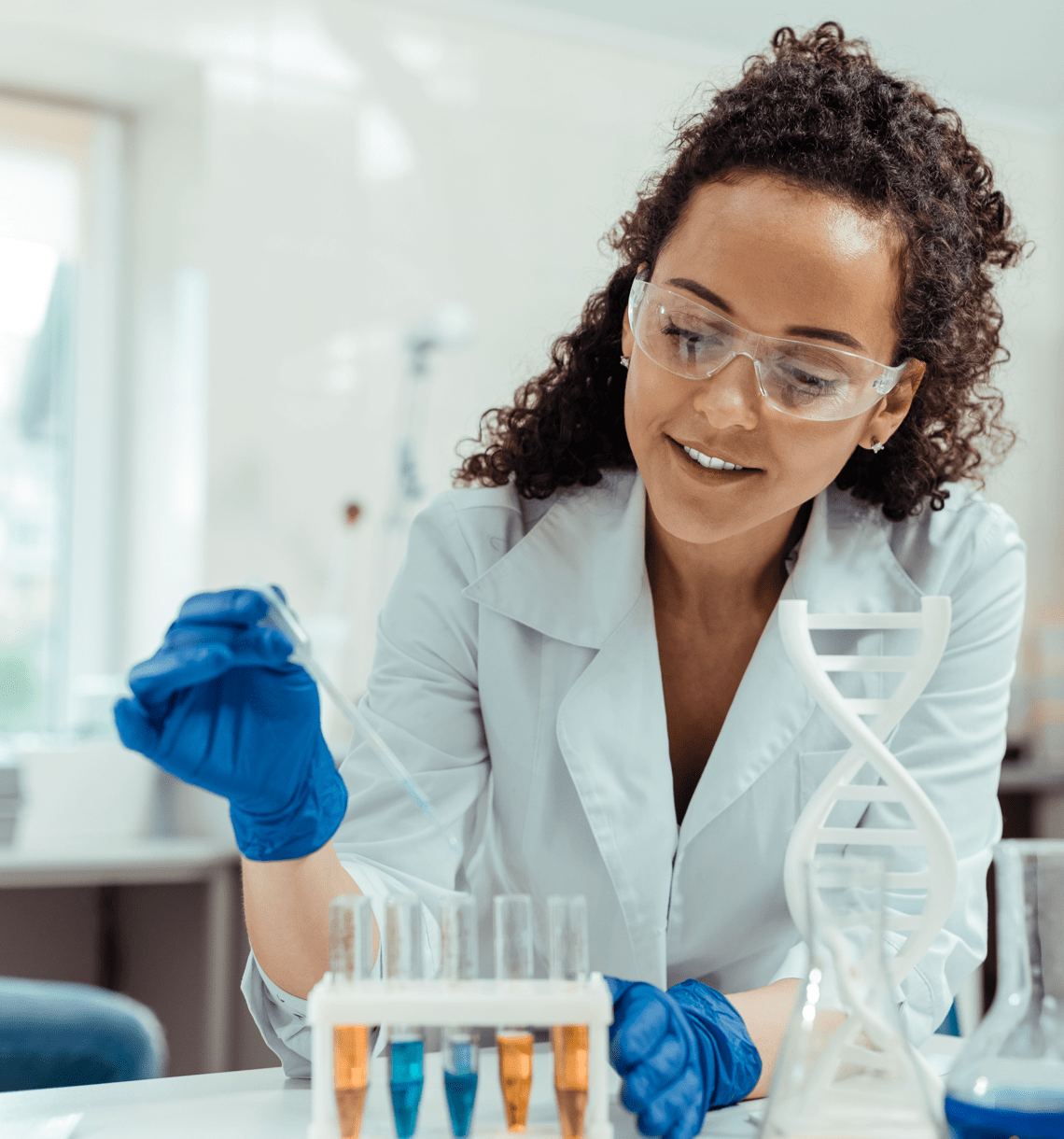

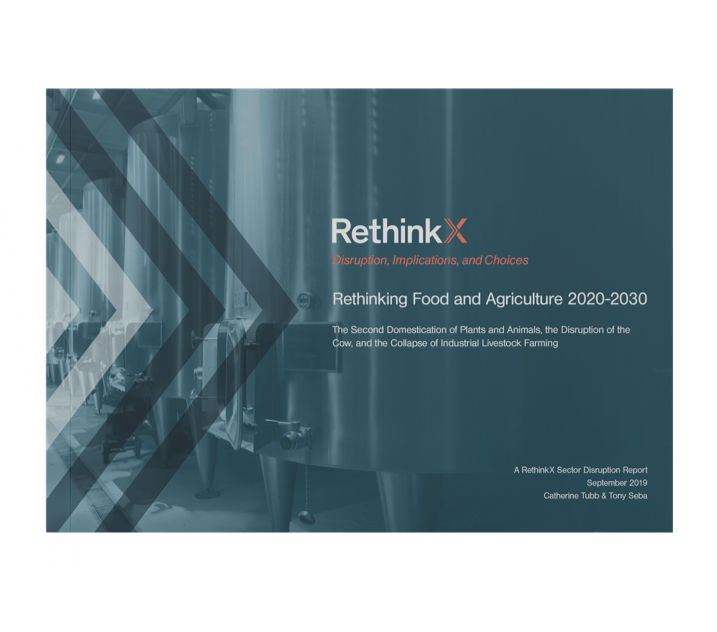



















-min-1.png?width=732&name=Copy%20of%20Website%20imagery%20-%20Featured%20Image%201200x628%20(3)-min-1.png)
-min-2.png?width=732&name=Copy%20of%20Website%20imagery%20-%20Featured%20Image%201200x628%20(2)-min-2.png)
-min-1.png?width=732&name=Copy%20of%20Website%20imagery%20-%20Featured%20Image%201200x628%20(4)-min-1.png)

